3 most important features for payments on platforms and marketplaces
Platforms and marketplaces are becoming increasingly important in the e-commerce landscape - with estimations reaching over 50% of the online e-commerce volume.
The platform economy makes it easier and more approachable to connect buyers and sellers. But how do platforms and marketplaces leverage payments in interesting ways to empower their effectiveness?
We researched broadly 150 platforms to discover the most commonly used features in the area of payments.
1. Multi-Split Payments
Since multiple sellers are present on the platform, it could occur that the buyer added items from multiple sellers (merchants) to the shopping cart. Furthermore, there could be other beneficiaries of the money at stake, such as the platform itself, delivery parties, insurance parties or other additional services.
For the buyer it would be pleasant to pay for these multiple items in one single shopping cart and payment. Multi-Split payment feature makes this possible. Essentially splitting a single payment into multiple parts after it has been succesful enables such a user experience. During the payment, the funds will be divided and transferred to the entitled beneficiaries (recipients).
2. Escrow
Trust and security are extremely important on platforms. Buyers and sellers need to feel safe while trading with each other. Therefore, you want to incorporate a mechanism to increase security.
With an Escrow service, the seller will only be paid out as soon as the product or service has been delivered. Because the money has already been transferred by the buyer, both parties have guarantees and feel secure with security.
3. Verified Sellers
Sellers provide the buyers on the platform with supply. You have to make it as easy as possible for sellers to get started and get paid for their sold product and services.
From a law and regulations standpoint, the platform must ensure a reliable verification of your sellers before payment services can be offered. You must in essence 'know the seller.'
We call this the Know Your Customer (KYC) procedure. This applies to both individual and business sellers. The advantage of having a KYC procedure in place is that you will have verified sellers on the platform. Showcasing this provides additional trust.
However, these KYC processes are not simple and they require specialistic knowledge. To process payments as a platform, you would also require a license as payment service provider (PSP).
But you could also choose to outsource this to an existing PSP that specialises in platforms and marketplaces (a Platform-PSP). They will posses the knowledge and experience with onboarding sellers with a KYC process in the simplest way possible.
Select the right platform / marketplace PSP
Due to their particular role within the e-commerce landscape, platforms have to deal with specific functionalities that they provide.
If we look at the 3 most used features that we have just shown none of these features would apply to webshops.
This conclusion is important to take into account when considering the most suitable Payment Service Provider for your platform or marketplace. Beforehand, make sure to find out if the PSP could fulfil the specific features you need.
Click here to see the differences between a Platform-PSP and a Webshop-PSP.

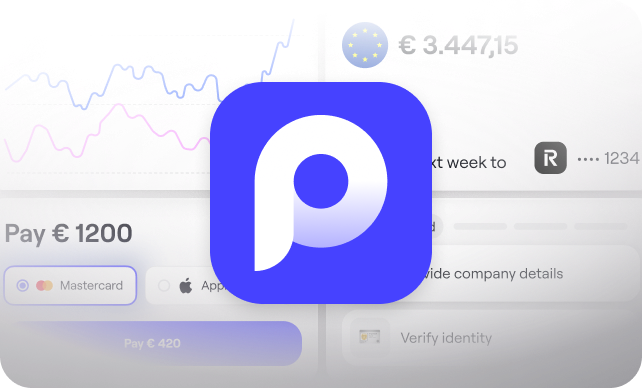
.svg)
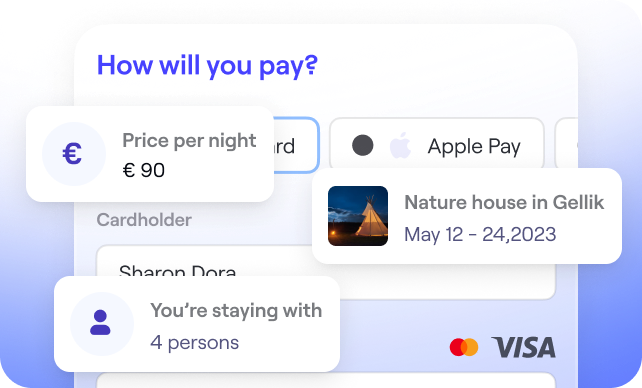
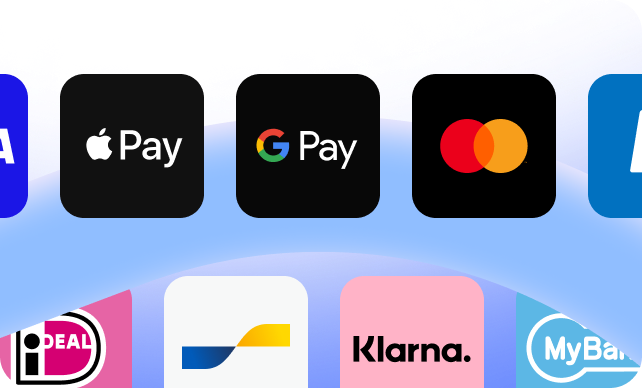

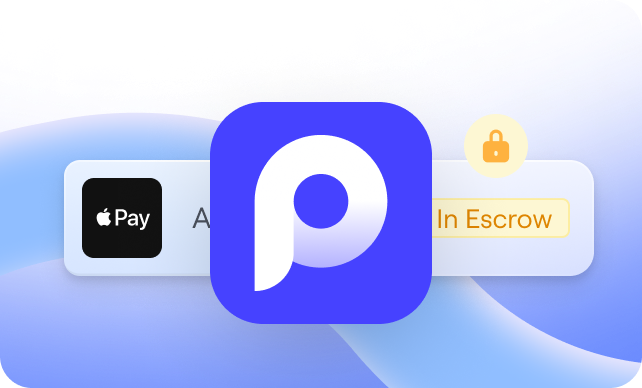

.svg)
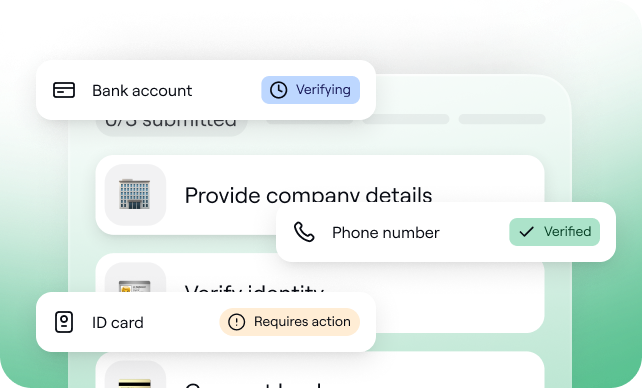
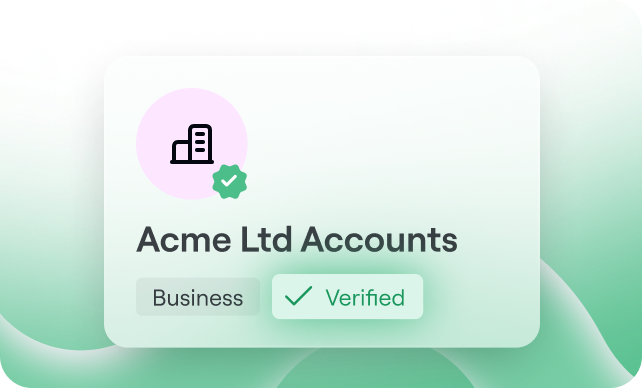
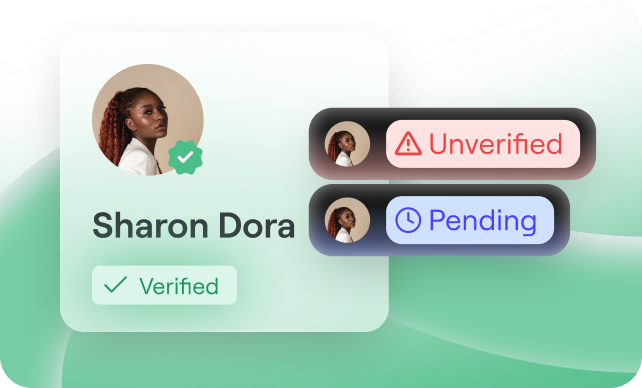
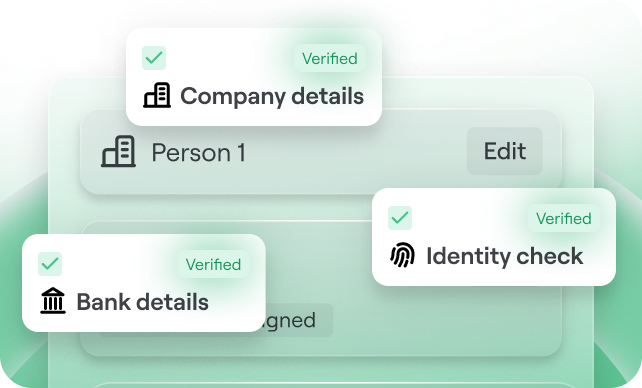
.svg)
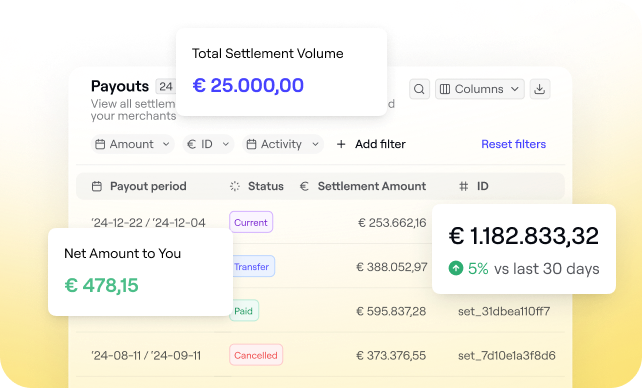
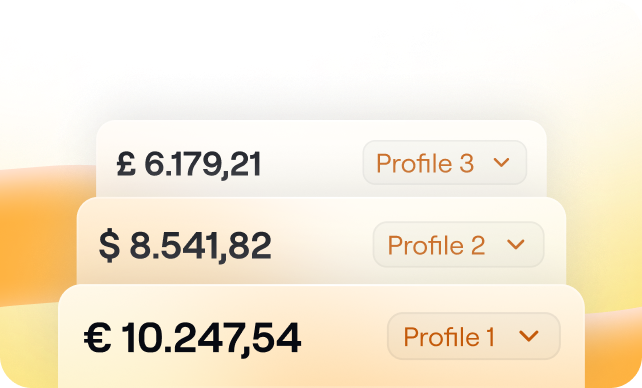
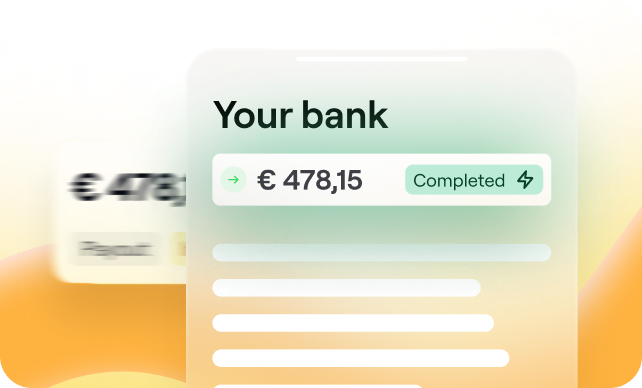
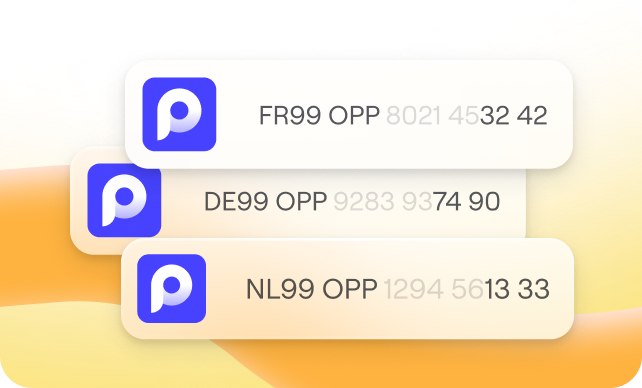
.svg)
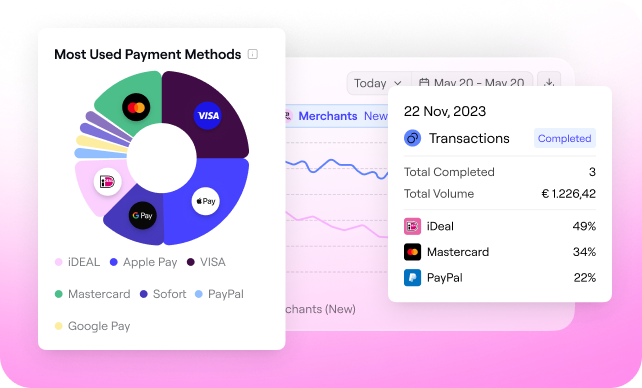
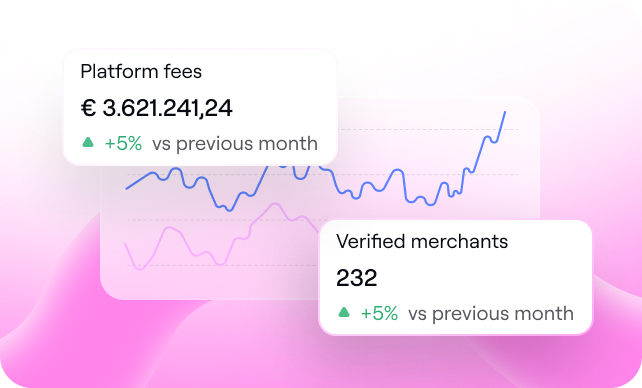
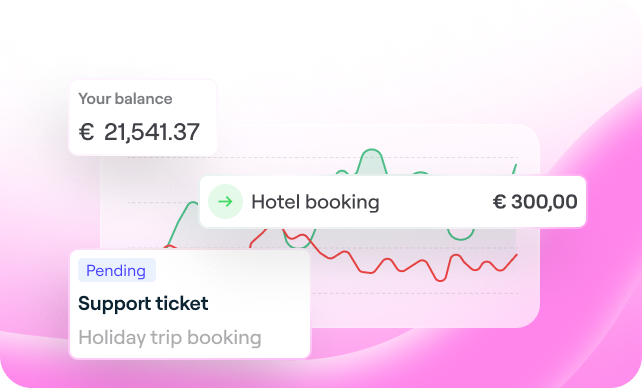
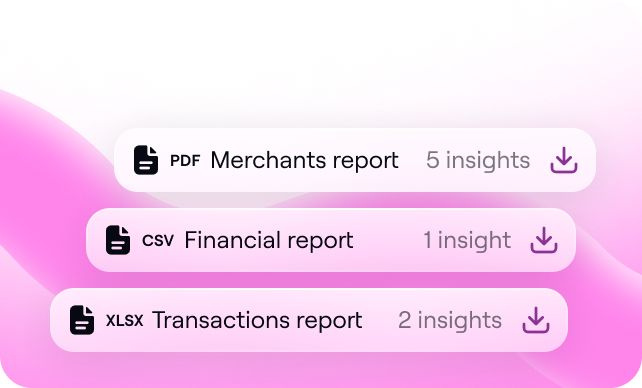
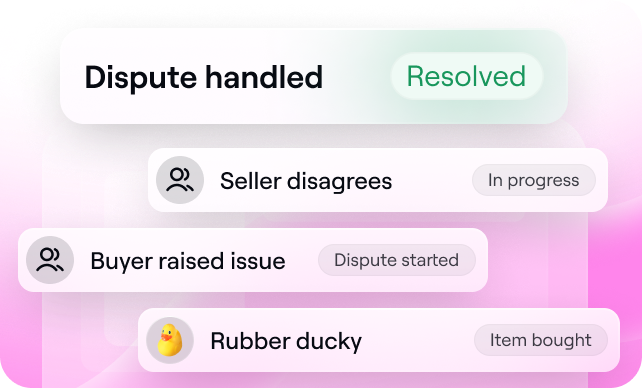






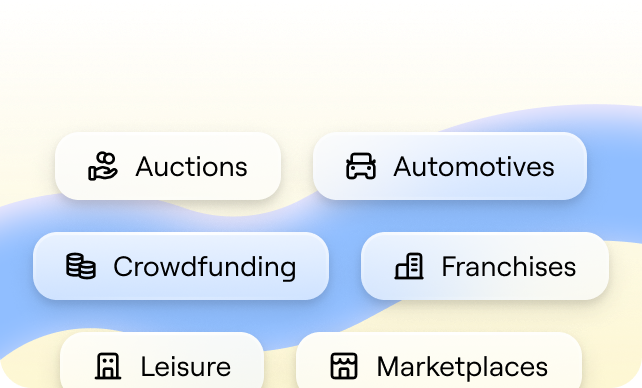
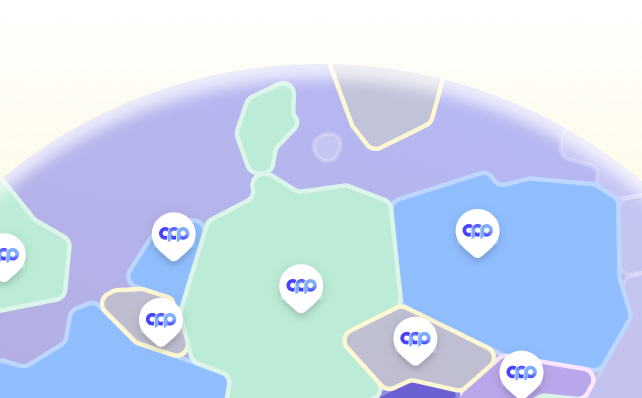





%20(1).png?width=1300&name=Copy%20of%20Copy%20of%20Blog%20post%20(1620%20x%201080%20px)%20(1).png)



.png)
.png?width=75&height=51&name=Worldline%20(2).png)